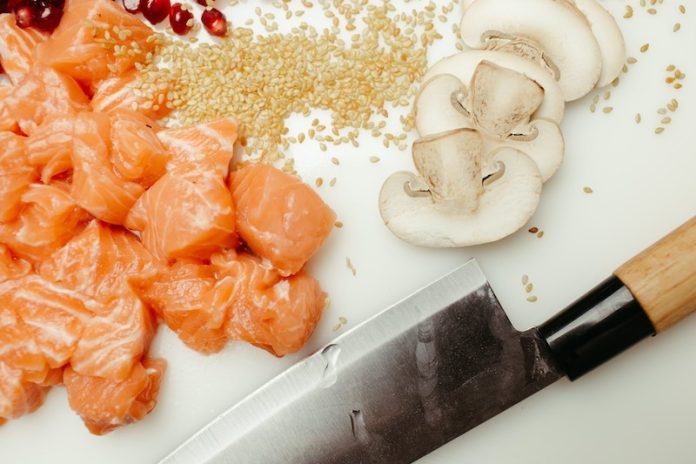
Diabetes is a condition that affects how our bodies regulate blood sugar, or glucose. It is important for individuals with diabetes to make mindful food choices to keep their blood sugar levels in check.
By selecting the right foods, people with diabetes can manage their condition effectively.
In this study review, we will explore the research evidence behind the best foods for diabetes management using simple language suitable for 12-year-old students.
Understanding Diabetes
Before we dive into the foods that can help manage diabetes, let’s understand the basics of the condition.
Diabetes occurs when the body either does not produce enough insulin (a hormone that helps regulate blood sugar) or cannot use insulin effectively.
This leads to elevated blood sugar levels, which, if not managed properly, can cause various health complications.
Importance of Healthy Eating for Diabetes Management
Maintaining a healthy diet is crucial for managing diabetes effectively.
By making wise food choices, individuals with diabetes can keep their blood sugar levels stable, manage weight, and reduce the risk of complications associated with the condition.
Carbohydrates
The Energy Providers: Carbohydrates are a major source of energy for our bodies, but they can significantly impact blood sugar levels. Choosing the right type and amount of carbohydrates is essential for diabetes management.
Whole Grains: Foods like whole wheat bread, brown rice, oats, and whole grain cereals are rich in fiber, which slows down the absorption of glucose into the bloodstream. This helps prevent spikes in blood sugar levels.
Fruits and Vegetables: These colorful foods provide essential vitamins, minerals, and fiber. Opt for whole fruits instead of fruit juices to benefit from the fiber content, which aids in blood sugar control.
Legumes: Foods like beans, lentils, and chickpeas are excellent sources of fiber and protein. They have a low glycemic index, meaning they have a minimal impact on blood sugar levels.
Protein
Building Blocks for Growth and Repair: Including lean protein sources in meals can help stabilize blood sugar levels and promote satiety, reducing the urge to snack on unhealthy foods.
Poultry and Fish: Skinless chicken and turkey, as well as fish like salmon and tuna, are excellent protein choices. They are low in saturated fat and rich in omega-3 fatty acids, which have heart-healthy benefits.
Plant-based Proteins: Foods like tofu, tempeh, and legumes (mentioned earlier) are not only high in protein but also rich in fiber. They provide a healthy alternative to animal-based proteins.
Healthy Fats
Choosing the Right Ones: While fats should be consumed in moderation, it is important to choose healthy fats that provide essential nutrients and help manage blood sugar levels.
Avocados: These creamy fruits are rich in monounsaturated fats, which can help improve insulin sensitivity. They also provide fiber and various vitamins and minerals.
Nuts and Seeds: Almonds, walnuts, chia seeds, and flaxseeds are examples of nutrient-dense options. They are high in healthy fats, protein, and fiber, making them a diabetes-friendly snack.
Olive Oil: This heart-healthy oil is a great choice for cooking and dressing salads. Its monounsaturated fats can help improve blood sugar control.
Dairy and Alternatives
Dairy products can be part of a balanced diet for individuals with diabetes. However, it is important to choose low-fat or non-fat options to manage calorie and saturated fat intake.
Low-fat Milk and Yogurt: These dairy products provide essential nutrients like calcium and protein. Choose unsweetened varieties and watch portion sizes.
Non-Dairy Alternatives: For those who are lactose intolerant or prefer non-dairy options, fortified almond milk, soy milk, or coconut milk can be suitable choices. Look for unsweetened versions.
Conclusion
Managing diabetes requires making informed food choices to maintain stable blood sugar levels.
By incorporating whole grains, fruits, vegetables, lean proteins, healthy fats, and low-fat dairy alternatives into their diets, individuals with diabetes can nourish their bodies and take control of their condition.
Remember, a balanced and mindful approach to eating is key to maintaining overall health and well-being.
Copyright © 2023 Scientific Diet. All rights reserved.








